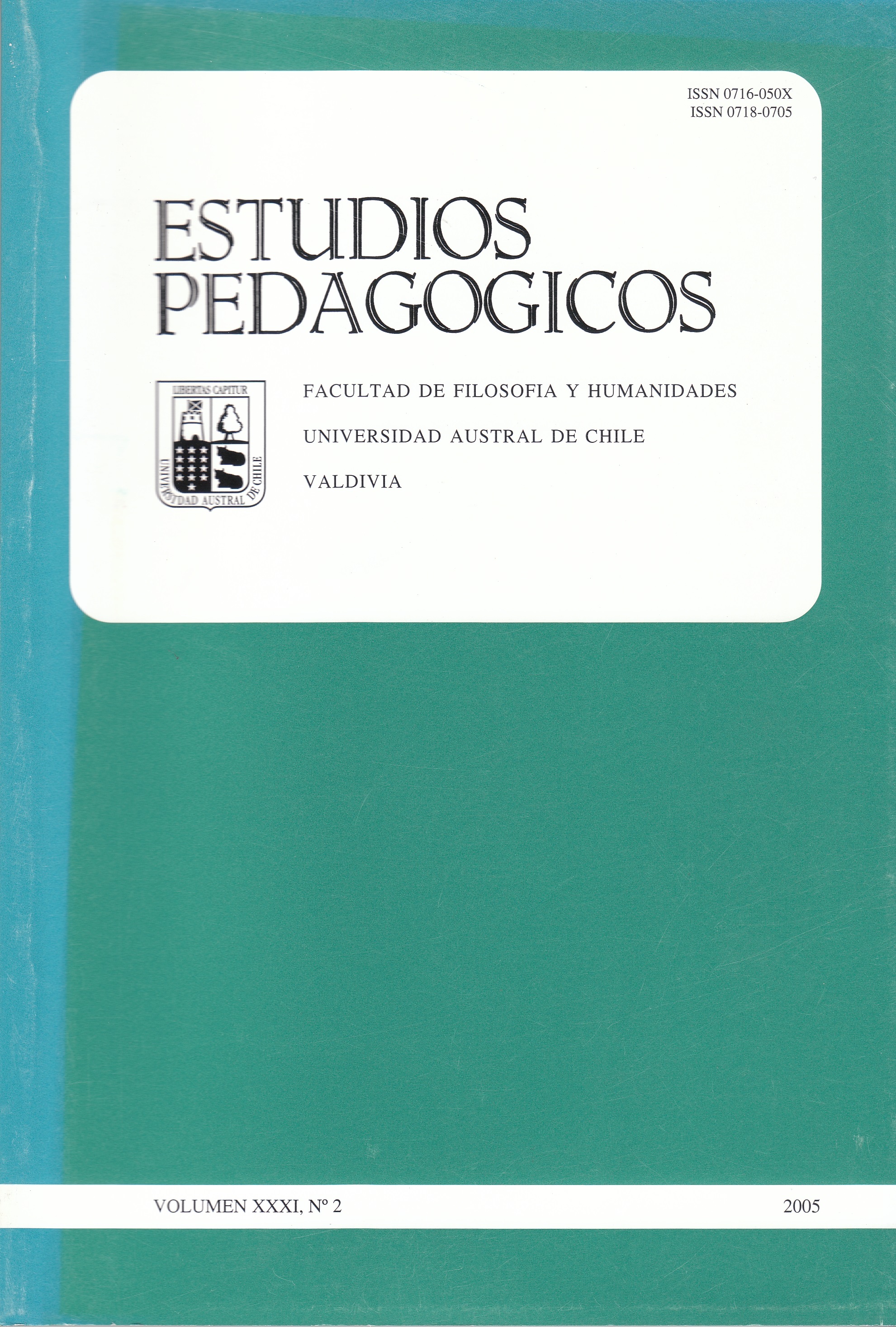School self-evaluation and its impact on the teaching behavior, individual and group, in the educational organization
Main Article Content
Abstract
In the context of the European Foundation for Quality Management Model and counting on the general hypothesis which holds that the process of school self-evaluation has effects on the people and the organization, this current research study intends to describe some of these effects and identify the essential conditions in which this process should occur in order to maximize its potential positive effects and reduce the negatives ones. The preselected sample included two primary municipal schools located in the Concepción District, Bío-Bío Región, Chile. The self-evaluation process applied in the above schools takes as a base a self-evaluation questionnaire adapted from the European Model for Quality Management. Data is collected from focus groups, personal interviews, and surveys. The results indicate that the process of self-evaluation acknowledges leadership styles being used in the organization; the school culture and organizational climate; the degree of satisfaction among teachers and school officials; it also expresses interpersonal conflicts which are submerged and/or ignored.

